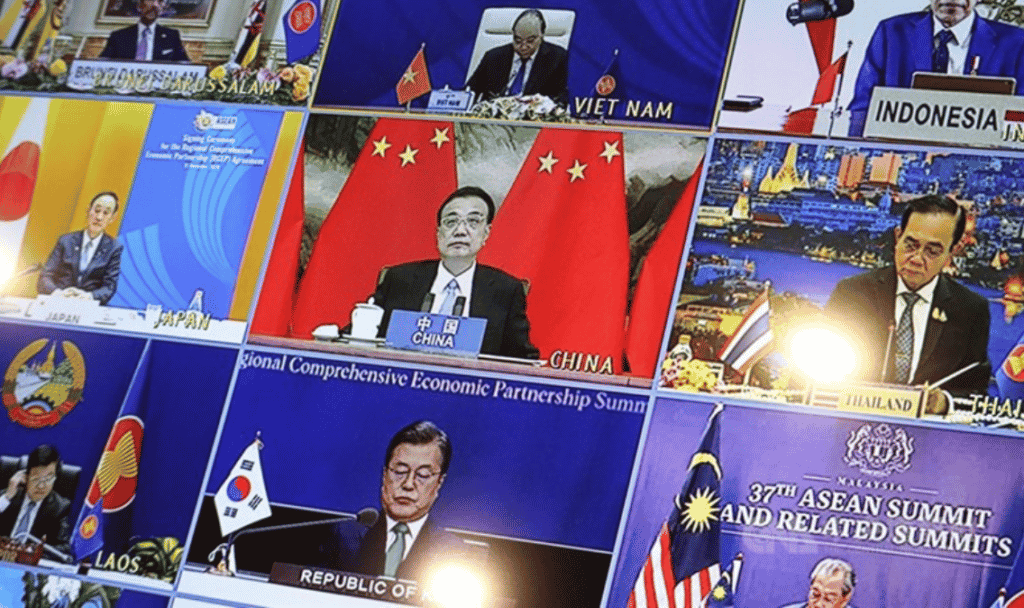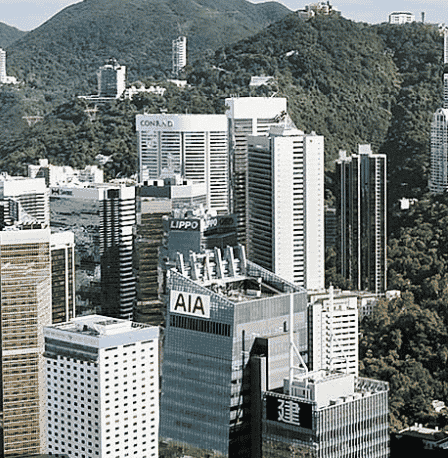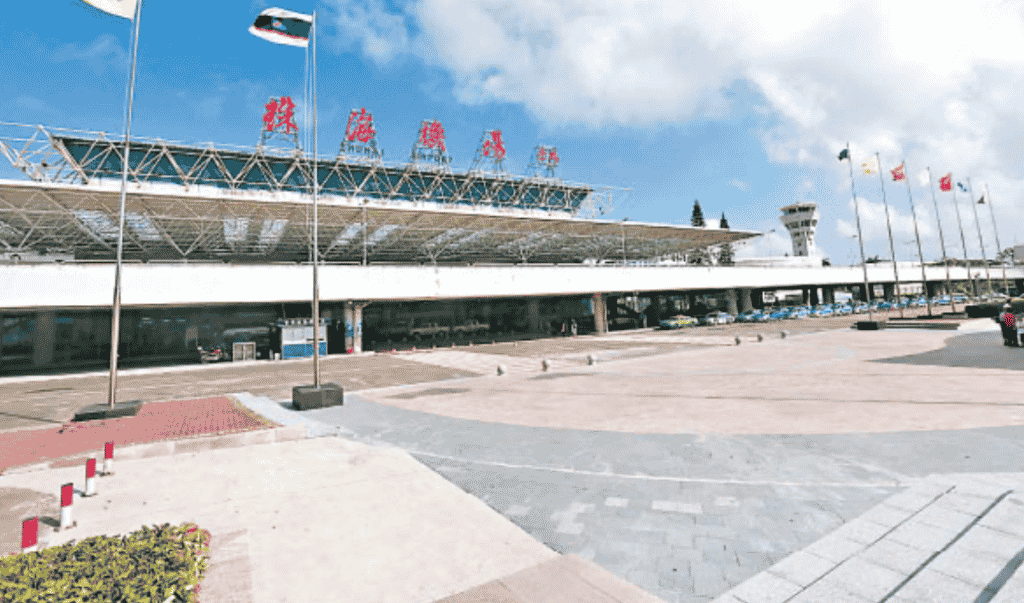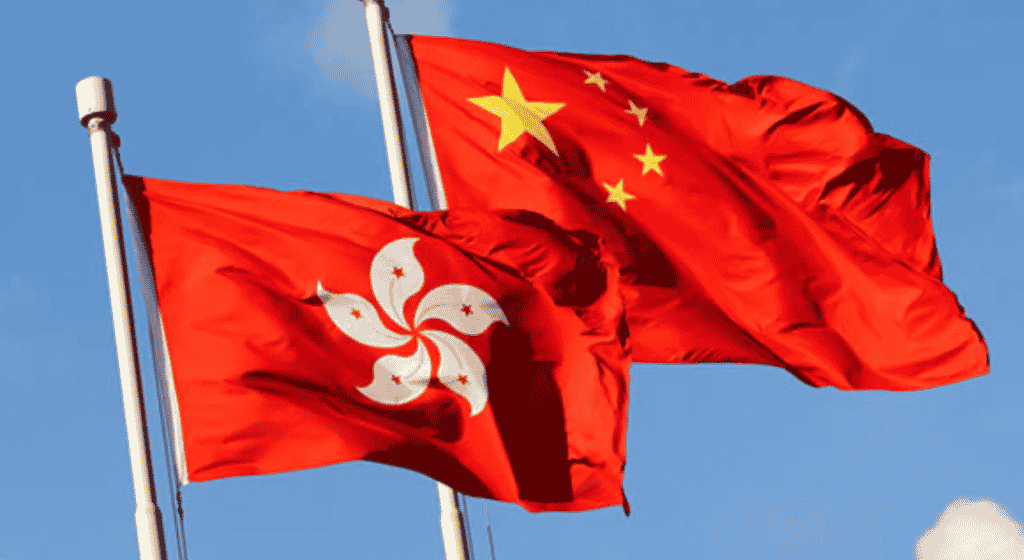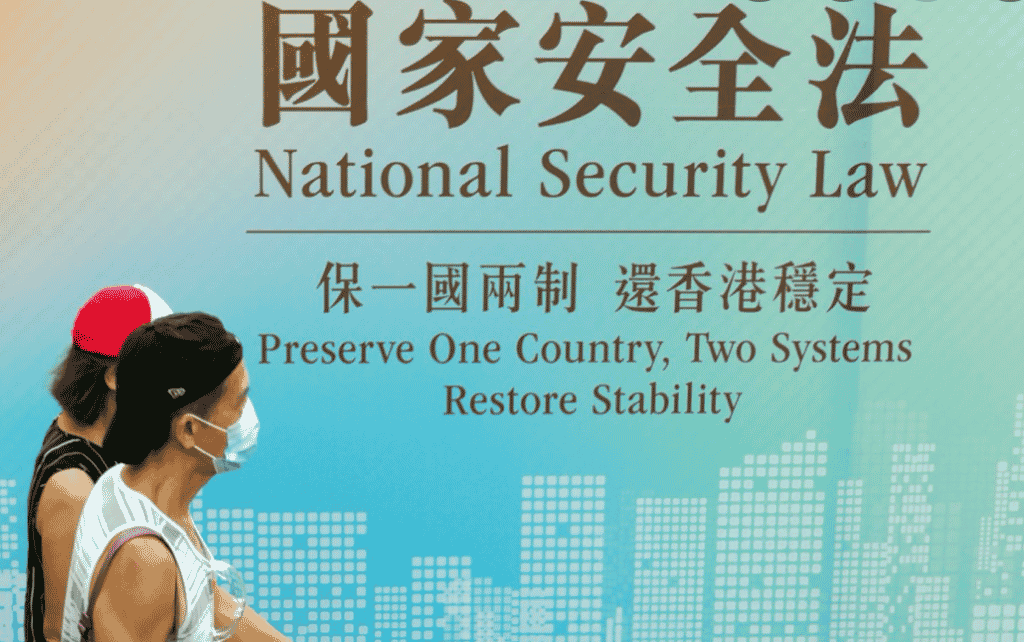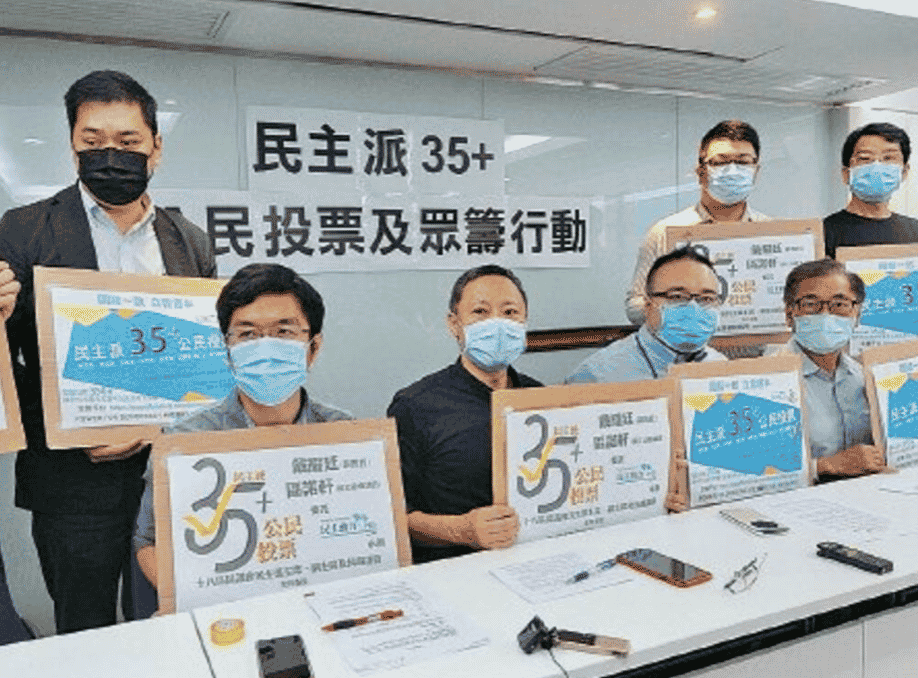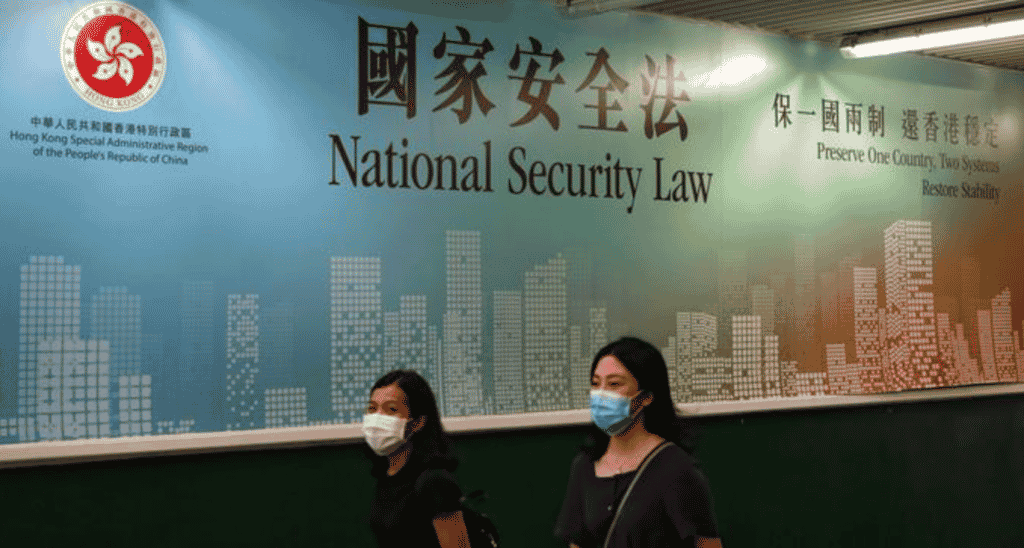【Quiet Thought and Walk】Why Hong Kong should join RCEP
In recent months, Chief Executive Carrie Lam Cheng Yuet-ngor said that Hong Kong has sufficient conditions to join the Regional Comprehensive Economic Partnership (RCEP), while China's Ministry of Commerce said that Hong Kong should join RCEP as soon as possible to strengthen Hong Kong and international cooperation. What countries are participating in RCEP? What is the difference between RCEP, CEPA and bilateral trade agreements signed with individual countries? What are the benefits of Hong Kong joining RCEP?
【Quiet Thought and Walk】Why Hong Kong should join RCEP Read More »
